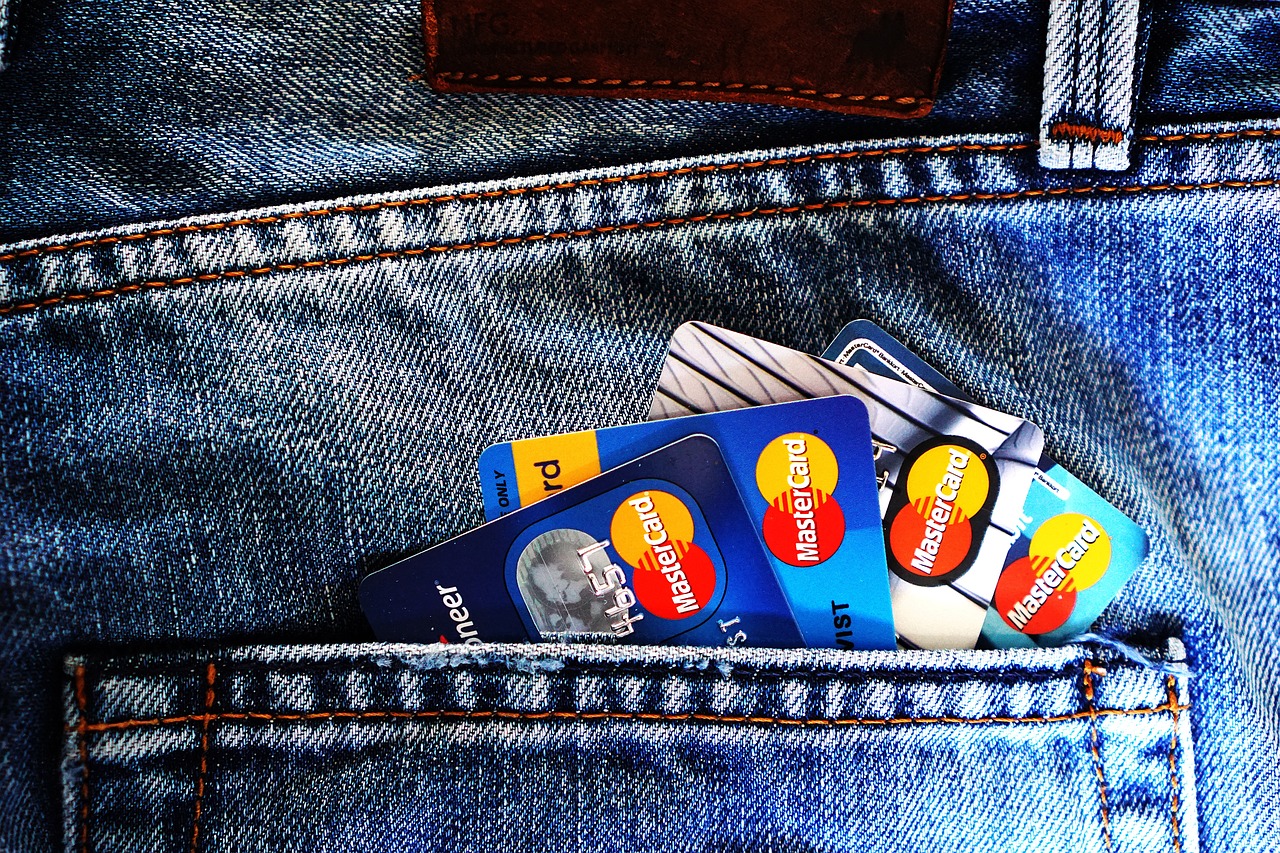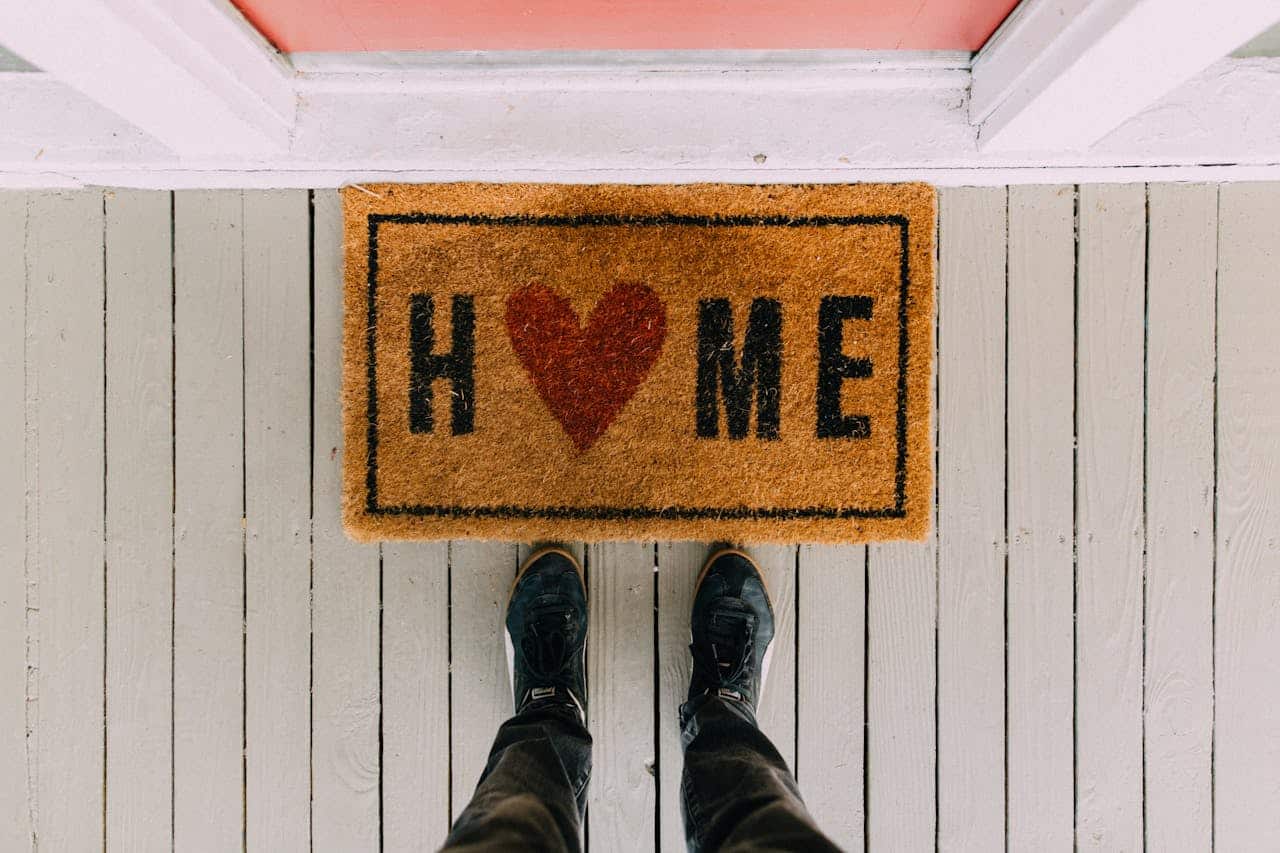Key Takeaways
- How much do utilities cost per month in an apartment? On average, renters in the U.S. spend about $253 per month on basic utilities such as electricity, gas, water, and fuel, for a 915 sq ft apartment. Adding internet and phone services increases that cost by roughly $125.
- Utility expenses vary by apartment size. A studio or one-bedroom typically costs $127–$133 per month, while a two-bedroom averages around $202. Larger units, such as three-bedrooms, can reach $266 or more each month.
- Location plays a major role as well. For example, average monthly utilities run about $213 in Memphis, while in Minneapolis they are closer to $87. Climate, building efficiency, and seasonal habits like heating in the winter or air conditioning in the summer, also drive these differences.
Living in an apartment is generally more affordable than living in a traditional house. The bills are typically smaller, which helps tenants and homeowners save on monthly expenses. But how much do apartment utilities actually cost per month? Learn how much you can expect to pay on monthly utility bills below.
Average Cost of Utility Bills
If you’re getting ready to move to an apartment, you may have questions about the monthly expenses. Your utility bills are a nonnegotiable expense that you will have to include in your monthly budget. But how much should you expect to spend on various utilities?
Here’s a helpful chart that lists the average cost of monthly utility bills:
| Utility | Average Monthly Cost |
| Electricity | $89 – $117 |
| Heating (Gas) | $40 – $80 |
| Water | $17 – $68 |
| Sewer | $14 – $136 |
| Trash and Recycling | $12 – $20 |
| Internet | $55 – $95 |
| Total | $227 – $516 |
Remember that utility prices vary greatly depending on your specific location, apartment size, and usage patterns. For example, the average electricity bill is generally lower for residents in central and northwest regions of the US. But coastal regions usually spend more on their monthly air conditioner bill.
How To Save Money on Utility Bills
There are plenty of ways to save money on utility bills, and you can start by becoming more energy efficient! Energy efficiency means using less energy while getting the same products and services. By using less energy, your utility bills can shrink dramatically, which keeps more money in your checking account for other expenses!
How To Save on Electricity Bills
Here are five ways that you can save on your electricity bill:
Ask for an Energy Audit
Your electric company can perform an energy audit for you. This service can help you identify the different ways you may be wasting energy. An agent will do a room-by-room examination of your home and inform you how to reduce your energy bill. An energy audit is typically a free service, but if not, you may qualify for a tax credit of up to $150.
Use Energy Star Appliances
If you need new appliances, consider switching to ones with Energy Star seals. These products must meet strict energy-efficiency requirements set by the US Environmental Protection Agency (EPA). Appliances with Energy Star seals typically use about 20% less energy, meaning they cost less. Switching to certified appliances could significantly reduce your energy costs.
If an appliance breaks down and you don’t have enough money for an energy-efficient replacement, remember that online loans could help you quickly get a new stove or refrigerator. Remember to look into multiple lenders to get the best annual percentage rate.
Switch to LED Lighting
About 15% of an average home’s electricity use comes from lighting.1 LED lighting is just as bright as traditional incandescent bulbs. Still, they can help you save a lot on your monthly electricity bill! According to the Department of Energy, homeowners and renters can save about $225 in energy costs per year by switching to LED lighting.1 LED lights also tend to last longer, which means you spend less on replacement lights.
Turn Off and Unplug What You Aren’t Using
Did you know that electronics still consume energy even though they’re turned off? Phantom energy is the electricity consumed by electrical appliances and devices when turned off or unused. The National Resources Defense Council states that phantom energy costs about $200 in yearly electricity costs.2 If you want to save money on your electricity bill, unplugging anything you’re not using is critical.
Specific electronics are known to use more phantom energy than others, such as:
- Computers
- Televisions
- Video game consoles
- Coffee makers
- Microwave ovens
- Cell phone chargers
- Printers
Use Smart Power Strips
Power strips not only provide additional outlets but can also help you save money on energy bills. A smart power strip can cut off power to devices that aren’t in use, reducing your phantom energy use. Many power strips have built-in surge protectors, keeping your electronics safe from power surges.
Different Ways To Reduce Water Bills
These are five ways that you can start lowering your monthly water use:
Turn Off the Tap
Turning off the tap when you’re not actively using water can help you save a lot on your water bill. For example, you can turn the water off while you brush your teeth, scrub dishes, or lather up in the shower. You may not notice how much water you’re using while doing these activities, but actively turning off the tap can help you save a few hundred dollars annually.
Take Shorter Showers
Taking shorter showers and skipping baths can help you save a lot of water and money on your water bill. The average showerhead has a water flow of 2.1 gallons per minute, so each shower uses more than 16 gallons of water. Most dermatologists agree that showers should last between five and ten minutes. Showers over fifteen minutes can dry out your skin and waste more water.
Fix Leaks
Leaks can be a contributing factor to high water bills. Persistent leaks can waste hundreds of gallons of water weekly, which ends up being almost 9,500 gallons of water per year! Most leaks can be fixed without a plumber. You can try using a plumber’s putty to create a watertight seal on a leak or replace the leaking pipe. However, suppose you’re not confident in your ability to make this type of repair. In that case, it’s better to call a certified plumber to avoid further issues.
Install Water-Saving Fixtures
A water efficient fixture uses less water to perform the same type of service. If you want to avoid high utility bills, consider installing water efficient toilets, showerheads, and faucets. These fixtures lower the volume of water used so you’re saving hundreds of gallons a year!
If you cannot change existing fixtures in an apartment, you can try installing an aerator to your kitchen or bathroom faucet. This small device costs about $2 and helps create small bubbles in the water, which helps you use less water.
Use Your Dishwasher
If you have a dishwasher, you may be surprised to learn that using it is more efficient compared to washing dishes by hand! Dishwashers generally use less hot water and lower volumes to get your dishes clean. If you want to pay average utility bills, then it may be time to start using your dishwasher. If you don’t have one, you can still save on water usage by filling the sink with soap and water and turning off the faucet while cleaning.
How To Save on Gas, Heating, and A/C
Looking for ways to save on your heating, A/C, or gas bill? Try these five helpful tips.
Adjust Your Thermostat
Adjusting your thermostat throughout the day can help you save a lot of money on your heating and cooling bills. The Department of Energy states that raising your thermostat 7° to 10°F higher while you’re gone for 8 hours or more can help you save 10% annually.
You may think that occasionally turning off the thermostat is better for your wallet, but this may actually cost more because your AC will have to work harder when it’s turned on again to make up for the temperature difference. It may also help to turn your thermostat fan to AUTO so the fan only runs when the AC is cooling.
Change Your Air Filters
Most air conditioning units have a filter that needs replacing or cleaning. If your air conditioning unit collects too much dust, it won’t work as efficiently and may use up more energy to produce the same result. How often you clean your A/C filter depends on the environment. For example, someone with a pet may have to clean their filter every two weeks, while someone who doesn’t have a pet may only have to clean it every four to six weeks.
Use a Ceiling Fan
Using your ceiling fans in addition to your air conditioning unit may help you save on apartment utilities. Your ceiling fan can distribute cool air more efficiently, so your air conditioning does not have to work as hard. Just remember to turn your fans off when you leave the apartment. And if you use portable fans, unplug them to ensure they don’t use phantom energy.
Minimize Drafts
Taking steps to minimize drafts can help you maintain low heating bills. Here are a few ways to stop or minimize drafts in an apartment:
- Use thermal curtains – Thermal-lined curtains have thick fabric which traps air leaks and creates a thermal boundary between the window and your living space. These types of curtains keep your home warm in the winter and cool in the summer.
- Use door draft stoppers – A door draft stopper is a cheap waterproofing solution that offers immediate relief from cold drafts. They’re placed under doors to keep cold air out and hot air in. You can buy them or make them using some thick fabric, batting, and sewing.
- Insulate windows – You can easily insulate your home by installing window insulation film. This type of film works by preventing unwanted air from entering your home through the glass. Most rolls are self adhesive and only require measuring to ensure they fit your window panels.
Use the Sun
During the chiller months, it’s critical to leave your blinds and curtains open. During the day, passive solar heat will warm up your home so your heating does not have to work as hard. Then during the night, you can close your curtains and blinds to trap the heat inside and prevent cold air from creeping in. Taking advantage of sunlight can help you maintain a lower heating bill.
How To Afford Utilities
If you ever struggle to afford your monthly utilities, you may consider using one of these financing options. However, some may be more helpful than others.
- Payday Loan – Payday loans can provide a lot of money to bad credit borrowers as long as they have recurring income. However, these loans tend to have predatory terms.
- Quick Cash Loan – Quick cash loans, such as personal loans, may provide funding on the same day. But if you have bad credit, look for a lender with competitive rates.
- Friends/Family – Borrowing from friends and family can help you avoid interest and additional loan fees. Just make sure to establish a financial plan for repayment.
- Credit Card – Only use a credit card if you can repay the purchase within the same month because credit card interest can be very high.
FAQs About Monthly Utility Bills
You can ask the landlord or previous tenants about their typical monthly bills. Additionally, contacting the existing utility provider can give you a more precise estimate based on past usage.
Review your energy consumption habits to identify areas where you can save. Simple changes like using energy-efficient appliances and turning off unused devices can help lower your bills.
Yes, you can get an estimate by contacting the current natural gas provider for the apartment. They can provide historical usage data, which will give you an idea of the average gas bill.
Some landlords offer utilities included in the rent. While this can simplify budgeting, it may also mean a higher rent amount. Compare this with paying for utilities separately to determine which option is more cost-effective for you.
Research alternative providers in your area and compare their rates. If you find a better deal, you can typically initiate a switch by contacting the new provider. Just ensure that there are no penalties or fees for changing from your existing utility provider.
Landlords may either include utility costs in the rent or require tenants to pay them separately. Your rent might be higher if utilities are included, but it can simplify your budgeting. If utilities are separate, you will have more control over your usage and potentially save money by being energy-efficient.
When budgeting for internet bills, compare different providers to find the best deal that fits your needs. Consider the speed and reliability of the service, as well as any promotional offers. Keep in mind that bundled services with TV or phone might offer additional savings.
The Bottom Line on Apartment Utility Costs
The cost of monthly utilities for an apartment varies depending on a lot of factors, such as your state of residence, the size of the apartment, and your usage patterns. However, there are various steps apartment renters can take to lower the cost of their utility bills.
At CreditNinja, we offer fast installment loans. However, we also offer free financial resources through our blog. You can learn how to finance a phone with bad credit, current finance trends, and more!
References:
- Lighting Choices to Save You Money │ U.S. Department of Energy
- How much does your phantom load affect your electric bill? │ Citizens Utility Board
Izzy is a copywriter and social media specialist at CreditNinja, specializing in personal finance and branded content. With six years of professional experience, her expertise includes fraud prevention, budgeting, debt repayment, and subprime lending. Izzy earned her Bachelor of Arts in English Literature in 2017.






